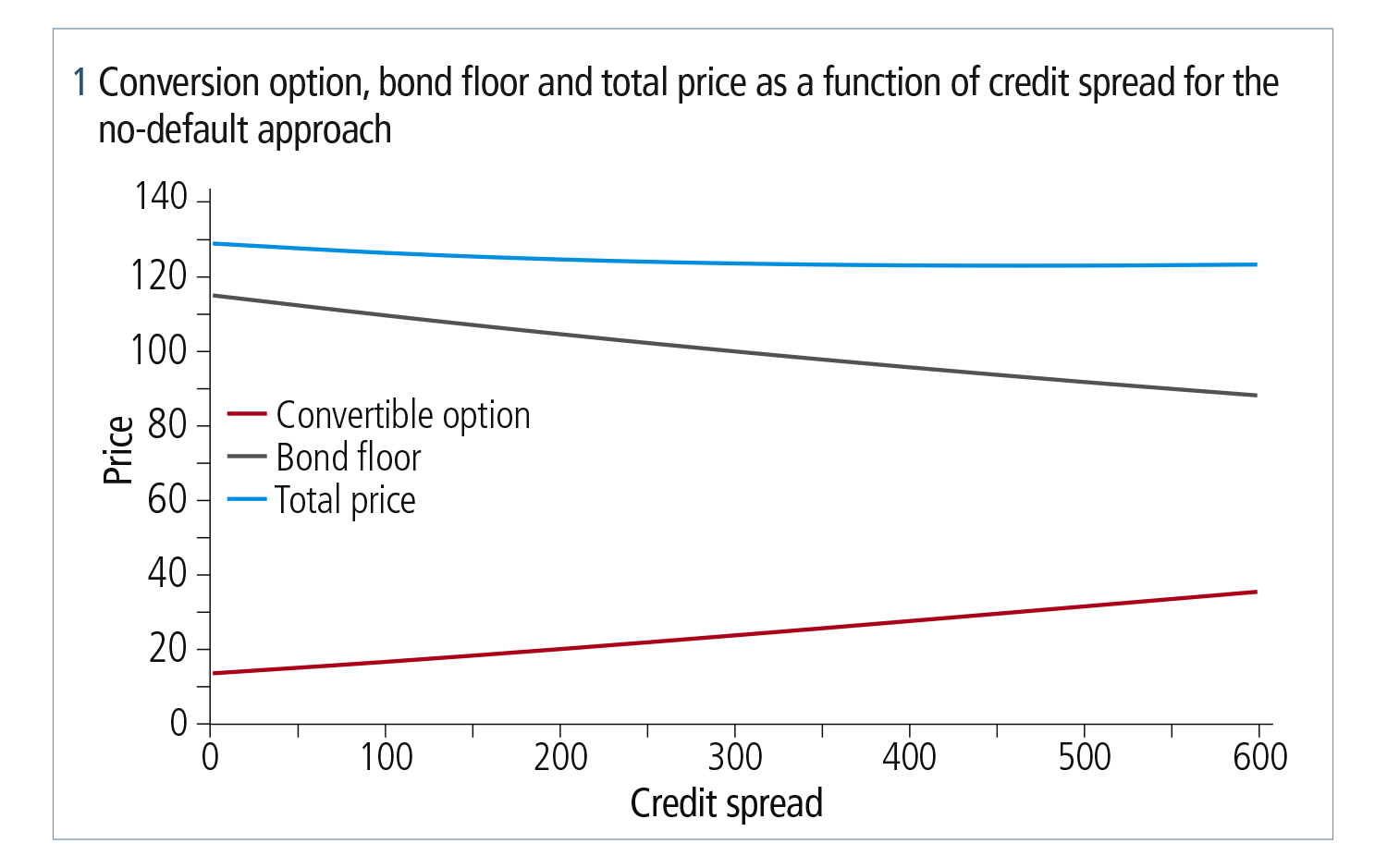The recent rise in interest rates and projections for continued increases are expected to trigger a surge in mandatory convertible bond issuance by companies seeking capital. Convertible bonds are a hybrid security that combines features of both bonds and stocks. They offer investors a fixed interest rate payout, similar to a traditional bond, but also come with the option to convert the bond into shares of the issuing company's common stock at a predetermined price.
For companies, convertible bonds offer an attractive financing option in a high-interest rate environment. The coupon rates, or fixed interest payments, on convertible bonds are typically lower than those on traditional bonds. This translates to significant cost savings for companies, particularly those looking to raise large amounts of capital. Additionally, unlike issuing new shares, convertible bonds do not result in immediate dilution of existing shareholders' ownership stake in the company.
Investors are also drawn to convertible bonds in a rising interest rate environment. The fixed interest payments provide a level of security, while the conversion option allows them to benefit from any appreciation in the company's stock price. If the stock price increases above the conversion price, investors can convert their bonds into shares and capture potential capital gains.
The potential benefits for both companies and investors are expected to drive a significant increase in convertible bond issuance in the coming months. Analysts predict that companies across various sectors will tap into this financing tool, particularly those with strong growth prospects and a positive outlook on their stock price.
However, there are also some considerations for companies to keep in mind before issuing convertible bonds. The conversion option can lead to dilution of ownership if a large number of bonds are converted into shares. Additionally, the company may face challenges if the stock price fails to reach the conversion price, as investors may be less likely to convert their bonds and the company will be obligated to make the fixed interest payments.
Despite these considerations, the current market conditions are expected to favor convertible bonds as a financing strategy. As interest rates continue to rise, companies seeking capital are likely to find convertible bonds to be a more cost-effective option compared to traditional bonds. Investors, on the other hand, will be drawn to the combination of fixed income and potential for capital appreciation that convertible bonds offer. The convergence of these factors is poised to make convertible bonds a prominent feature in the corporate financing landscape in the near future.

